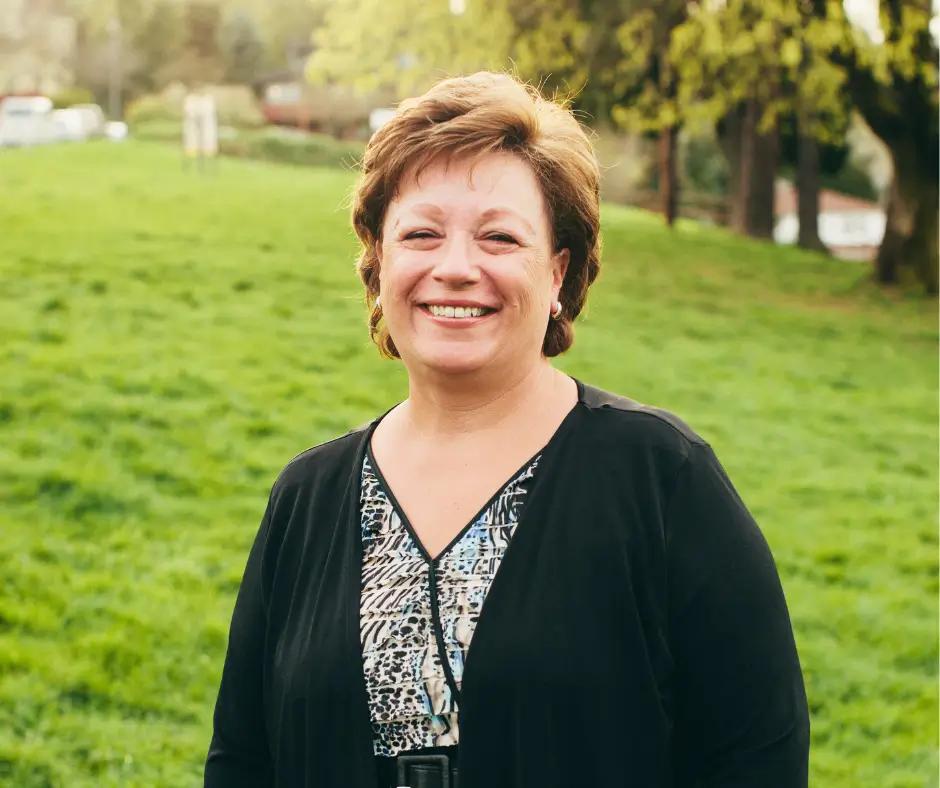Jenny was admitted to one of our independent hospitals in February 2021 after several relapses with her mental health and drug and alcohol misuse. She has now been accepted to live in one of our supported living services and is excited for a fresh new start.
When Jenny arrived in the care of AFG she had gone through several admissions to acute hospital settings and had been detained under the Mental Health Act.
She was misusing alcohol and drugs and had chronic social problems including social anxiety, difficulty understanding social norms and a preoccupation with weight gain.
Her team worked with her to set priorities and goals during her stay at the independent hospital, which included improving her independence, day to day skills and participation in social activities. Jenny initially found it difficult to take part in activities and would regularly leave the service without informing anyone.
Our approach
Taking positive risks to promote independence
As Jenny would regularly leave the unit to use illicit substances and did not want to engage with an addiction support service, a meeting was held with her named nurse, care coordinator and consultant psychiatrist.
Jenny had expressed that she felt restricted by having to be at the unit at certain times, so it was decided to try the least restrictive approach of allowing her eight hours of unescorted leave from the hospital each day. This new level of responsibility was an extremely positive intervention, motivating Jenny to achieve even more freedom through engaging in her recovery journey and working towards discharge.
Support with use of illicit substances
Jenny’s named nurse, senior practitioner, manager, support workers, and her care coordinator explained that any use of illicit substances would be a barrier to her moving on to more independent living, as her unescorted leave would be revoked by the consultant psychiatrist in the interest of her health and safety.
She took this seriously and abstained for a sustained period. Instead, she developed coping strategies by adhering to a structured routine with daily activities and chores, establishing healthy friendships and communicating openly with staff. This led to a period of stable mental health and improvements in her social skills and daily life skills.
Daily life skills
She had cooking sessions with her occupational therapist twice a week and was offered to move from a single bedroom to a ‘bedsit’ style room within the hospital, which contains a kitchen and open plan living area, to assess her independent living skills. This was a great success, and she began cooking for herself every day and keeping it clean and tidy.
Outcomes
Increased independence
Due to this long period of stability, Jenny was referred for a supported living placement. She passed her assessment to move on to supported living with the supported living provider, which she had repeatedly failed to do previously due to guarded responses due to paranoia.
Jenny has progressed from being acutely psychotic to looking forward to moving into a supported living service to live a more independent life.
She no longer uses illicit substances and in her own words, she is ‘a new woman, and happy to start afresh’.
Sign up to our newsletter to learn more about how we’re changing lives across the Northwest.
